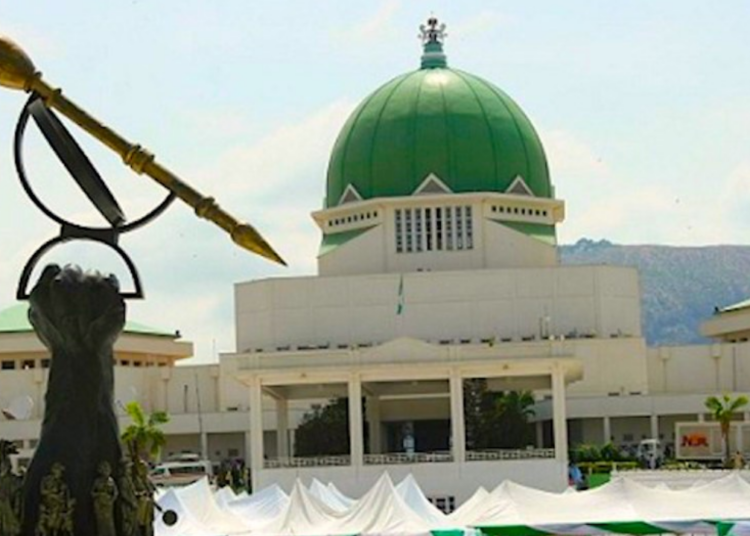The two chambers of the National Assembly (NASS) have passed the N70,000 New Minimum Wage Bill sent to them by President Bola Tinubu for legislative action.
The Senate yesterday suspended relevant sections of its Standing Orders to pass the bill.
President Tinubu had earlier yesterday submitted the bill to both chambers of the National Assembly, urging them to give prompt attention to the proposal.
The aim was to address the minimum wage crisis, which had caused significant tension in the country over the past few months.
Senator Opeyemi Bamidele, the Leader of the Senate, presented the bill entitled: “A Bill for an Act to Amend the National Minimum Wage Act, 2019 to increase the National Minimum Wage and reduce the time for periodic review of the national minimum wage from five years to three years and for related matters, 2024, 2024 (SB. 550).”
Following the usual legislative process, the bill passed through the first reading, which involved reading out President Bola Tinubu’s request. It then proceeded to the second reading, where the general principles were debated, and finally, it went through the third reading, signifying its final passage. All these stages were completed within one hour.
Bamidele explained that the bill intended to raise the minimum wage for civil servants in the country from N30,000 to N70,000. He emphasized that this figure had been agreed upon by all parties involved after negotiations by the Tripartite Committee on the national minimum wage.
“This is part of the federal government’s short-term measure to alleviate the situation in the country,” Bamidele stated.
During the debate, Senator Tahir Monguno, the Senate Chief Whip, highlighted the need to review the minimum wage to align with the economic realities in the country.
“The review of the minimum wage used to be after every five years. It is now every three years,” Monguno explained.
Additionally, the Senate passed another bill, which aimed to reduce the time for periodic review of the National Minimum Wage from five years to three years, among other related matters.
The House of Representatives also passed the new National Minimum Wage Bill, increasing the national minimum wage from N30,000 to N70,000.
Also, the House passed the Police Act amendment Bill, 2024 submitted by President Tinubu the same day.
It was entitled: “A Bill for an Act to Amend the Nigeria Police Act, 2020 to enable a Person Appointed to the Office of Inspector–General of Police remain in Office until the end of the term stipulated in the Letter of Appointment and for Related Matters”
The amendment created a new subsection (8A) which states “that notwithstanding the provisions of sub-section (8) of this section, any person appointed to the office of Inspector-General of Police shall remain in office until the end of the term stipulated in the letter of appointment in line with the provisions of Section 7(6) of this Act.
The president had appointed Kayode Egbetokun as the IGP in June 2023 for a tenure of four years which ends in June 2027.
Before this amendment, Section 18(8) of the Police Act 2020 implied that Egbetokun who was born on September 4, 1964, is expected to retire in September 2024, when he will be 60 years old.
The police boss would only have been in office for one year and three months by September, with two years and nine months remaining of his four-year appointment.











